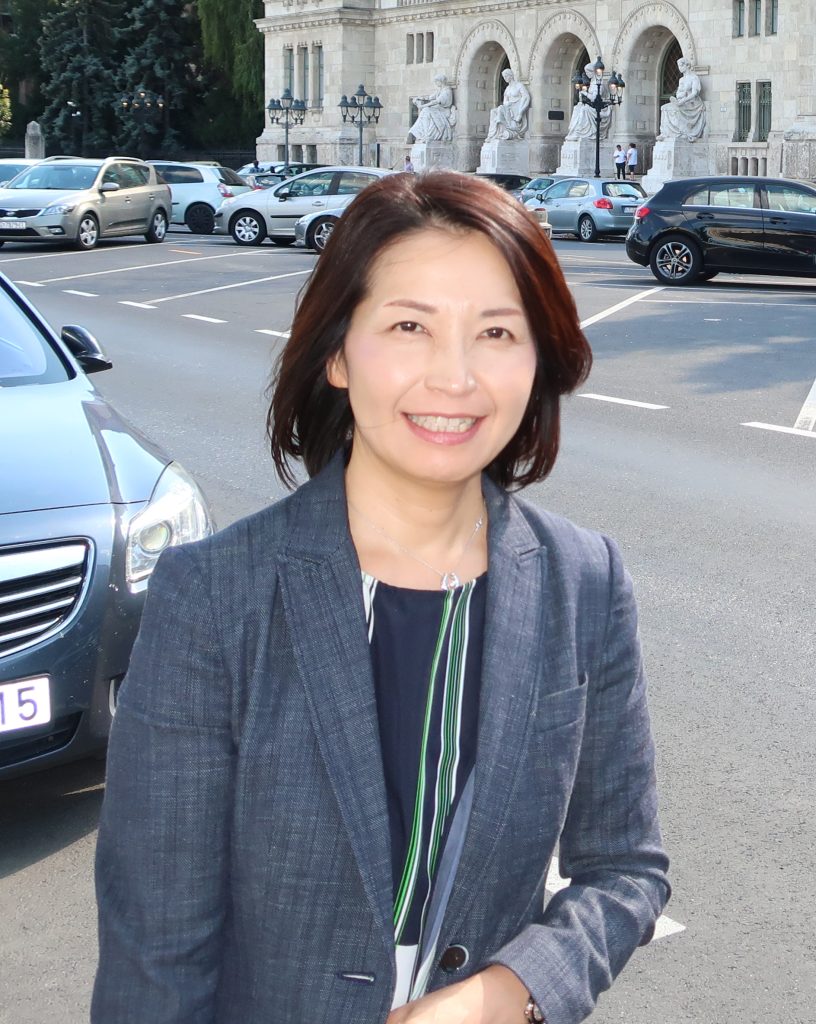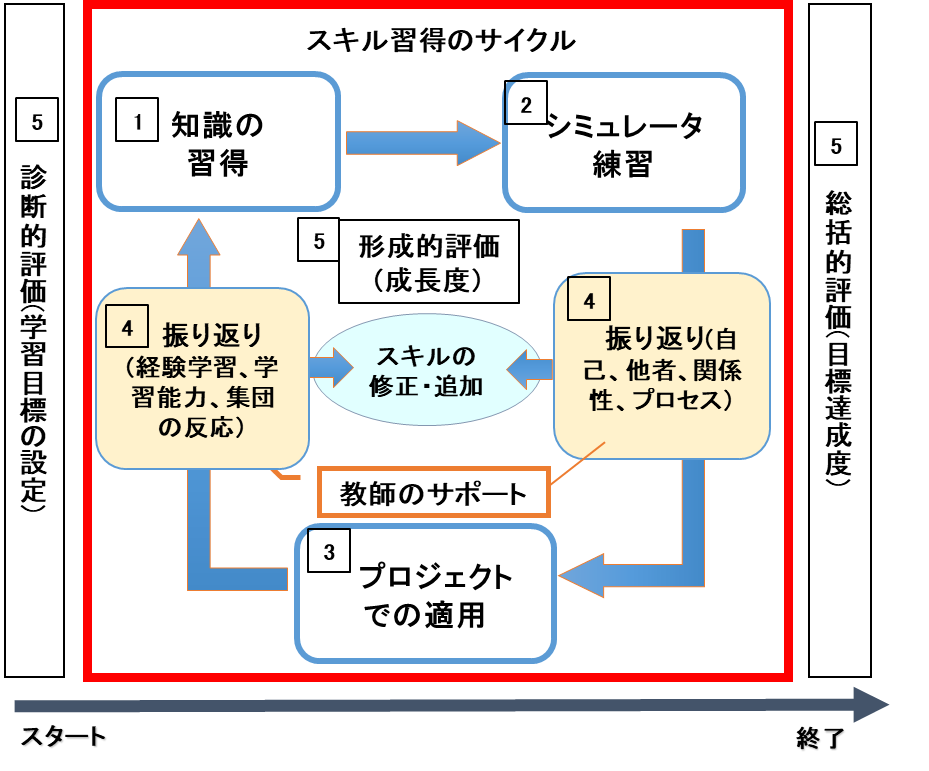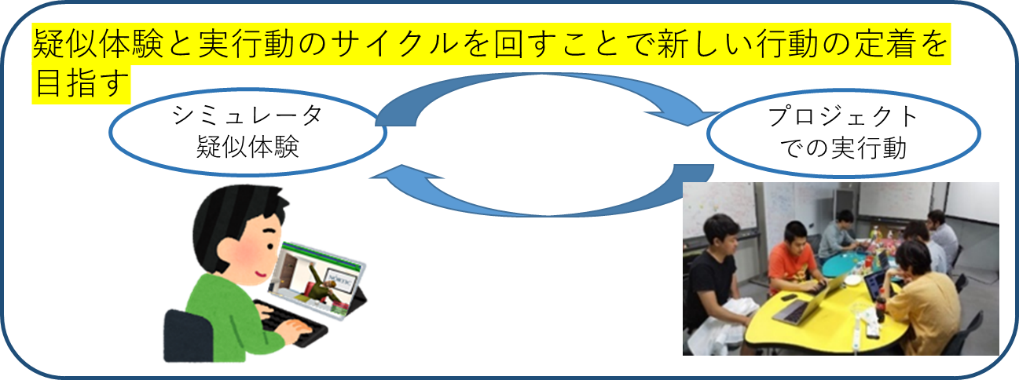How do you put the knowledge you have gained into practice?
※The content is current at the time of writing.
Project Management Education to Increase Excitement Around Us
Research Overview

What do you think of when you hear the word “project”? Do you think of something on a grand scale, such as the development of a rocket or the holding of the Olympics? Some of you may think of something more familiar, but are not sure what it is. A “project” is a fixed-term undertaking to create a unique product, service, or product. The fixed-term nature of a project means that it has a definite beginning and end. Also, a project may be executed alone or in a team of dozens or hundreds of people. In other words, there are many projects all around you. School festivals and athletic meets for school events, studies for qualifications, club activities where you work hard to win the overall championship, and so on. There may also be activities to work with citizens to solve social problems, or research to develop products to improve people’s lives. What and how should we manage the “project” to achieve its goals and produce good results? We are conducting our research with such questions in mind.
Research Features
The main skills needed by team members to carry out a project are 1. Ways of Working, 2. Power Skills, and 3. Business Acumen. In addition to knowing the methodology to carry out a project, it is important for members to know how to exercise their own leadership and to be able to collaborate with others. Currently, my research focuses on leadership that leads to successful projects. The systematized educational model consists of five modules: 1. knowledge acquisition, 2. simulator practice, 3. application in practice, 4. reflection, and 5. evaluation. These are organically arranged in a cycle.
Of particular note is that the practice module utilizes a simulator developed for the purpose of strengthening interpersonal relationships. The simulator allows students to try various ways of interacting with others, and the repetition of the simulated experience reduces resistance to actual behavior and bridges the gap between knowledge and practice. Repetition also has the effect of accelerating the acquisition of leadership skills.
In addition, the class applies the results of this practice in practice in project-based learning (PBL) activities. As a result of this learning, students are able to translate knowledge into action and improve their leadership skills in the process toward achieving project goals.
Research Attraction
There are many projects around us. Through projects, you can expect to grow as a person. This is due to the process of building up a high-performing team by devising and studying ways to achieve the goals, and also by overcoming difficulties together while clashing with other members of the team. We conduct our research with the hope that each time a project goal is achieved, more and more exciting things will be added to our surroundings. I believe that excitement leads people and society to a WELL state. For me, the attraction of research is that I can catch a glimpse of people’s growth through repeated trial and error and challenge.
Future Outlook
The urgent educational practices at Corona Disaster have led to a greater focus on the use of technology. While my research and educational practices have utilized simulators, I would like to experiment with the use of digital technologies such as virtual reality (VR), augmented reality (AR), and metaverse, which can facilitate active, student-led teaching. Furthermore, in light of the digitalization of education, we will continue our research on effective learning through the integration of face-to-face and online learning.
Message to those who are interested in this research
Projects are like living organisms. If we are involved with care and passion, the project will progress smoothly, but if we turn a blind eye to problems as they arise, before we know it, the project will spiral out of control. If you are interested in project management that achieves your goals, let’s think about it together!




